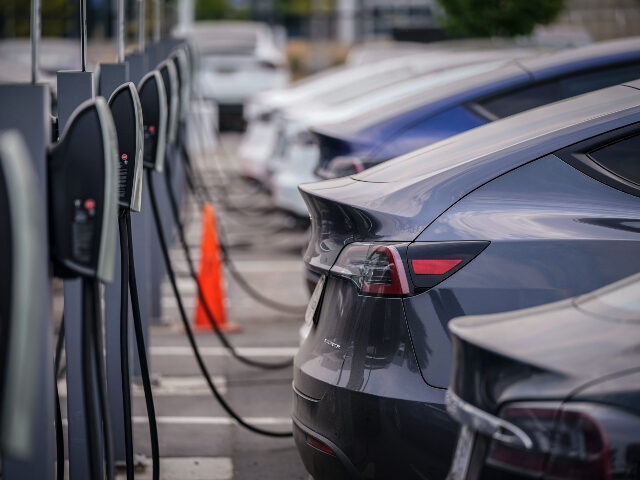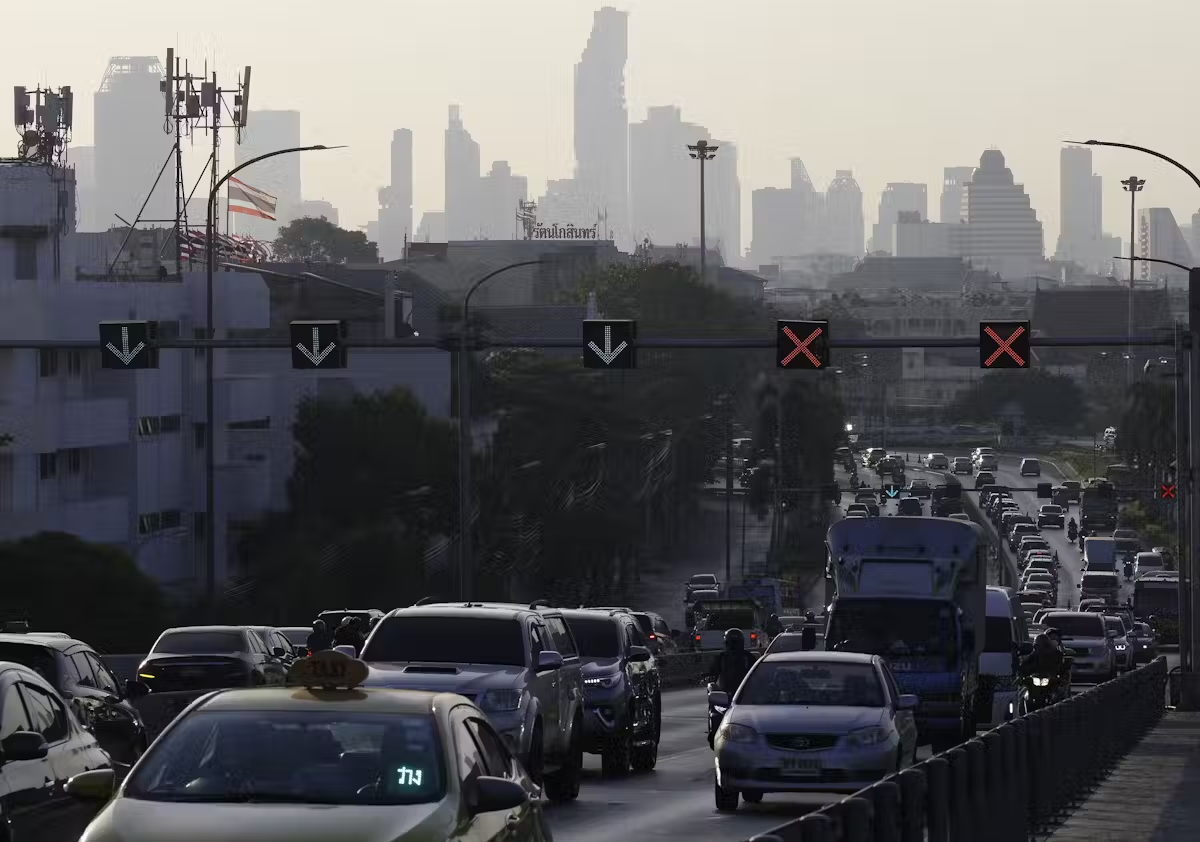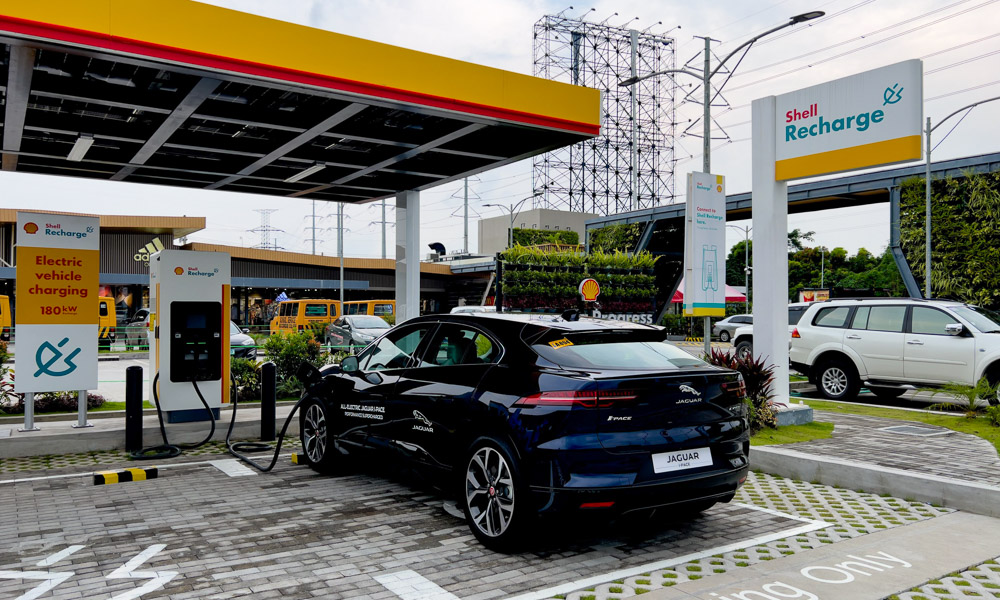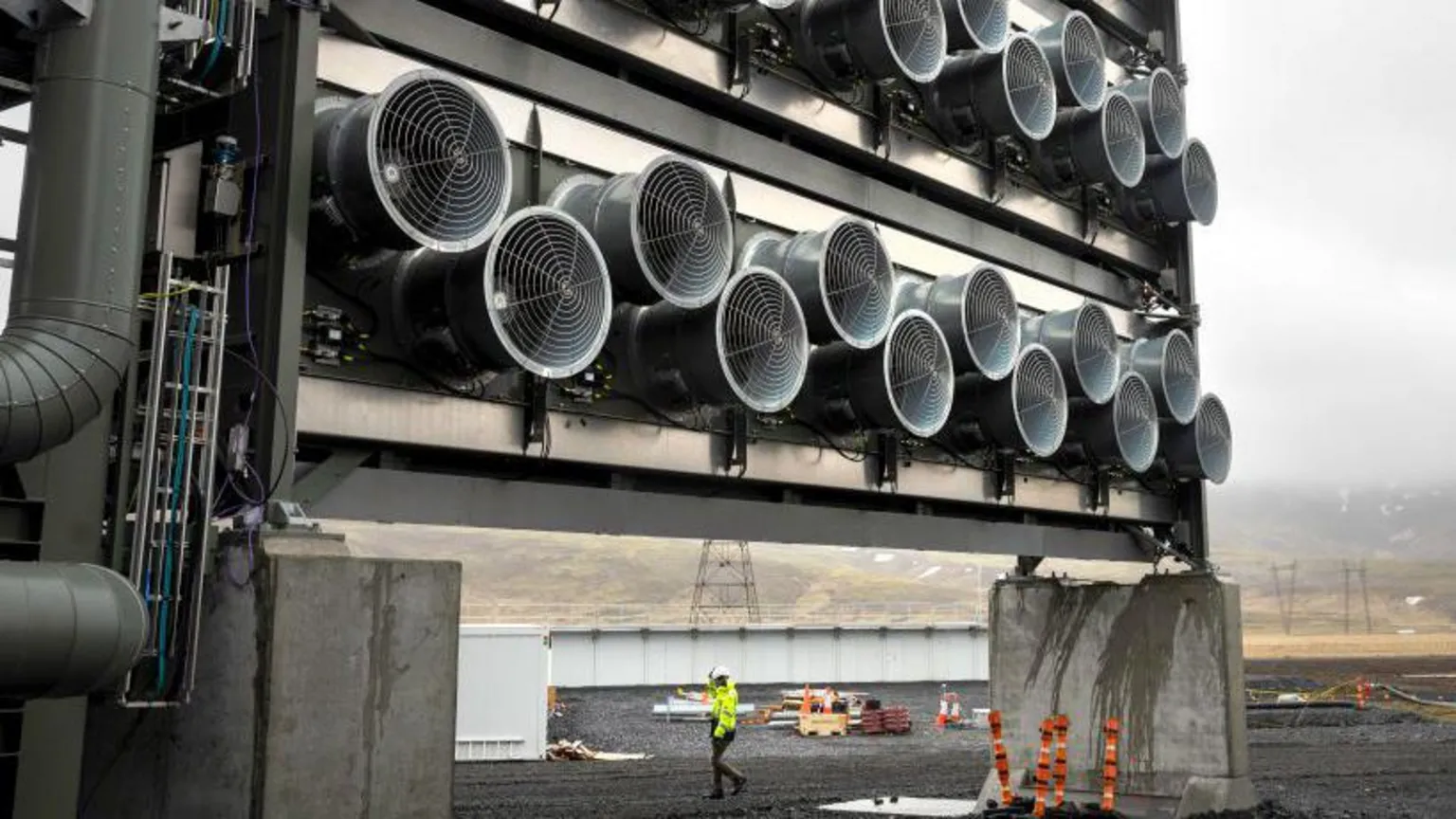The article discusses “My Carbon,” an innovative initiative aimed at promoting inclusive and sustainable urban…
Category: Current News

The Unintended Cosequence: Shift to Electric Vehicle Will Lead to Increased Mining
A recent study from the University of Michigan highlights a significant challenge in the global…

AI: Not the Solution to Climate Change
In this article for The Conversation, authors Ehsan Noroozinejad and Seyedali Mirjalili discuss the environmental…

Study Shows 29% of Global Electric Vehicle Owners Will Switch Back to Internal Combustion Engines
The transition to electric vehicles (EVs) faces significant hurdles that suggest a continued role for…

Jailbreak from Climate Change: Can Decarceration Protect Alaska’s Prisons?
In Alaska, advocates emphasize the need to reduce the prison population as a crucial response…

Capturing Carbon or Capturing Hype? The Uncertain Future of Direct Air Capture
A new carbon capture facility named Mammoth, located in Iceland and developed by Climeworks, is…

Apply the Precautionary Principle: Stop Geoengineering
Research into solar geoengineering is facing significant societal resistance. Recent experiments, including a small-scale field…

Questioning the Ethical Landscape: QCPD’s Face Recognition Initiative
The Quezon City Police District (QCPD) will implement a new face recognition app through the…

The Heat is On: “Health” Over Socioeconomic Realities in Quezon City
Manila Mayor Honey Lacuna-Pangan has instructed all government units in the city to create a…

Why Are Investor Groups Dropping Out Of the Climate Action 100+?
JPMorgan Chase, along with some institutional investors like BlackRock and State Street Global Advisors (SSGA)…
